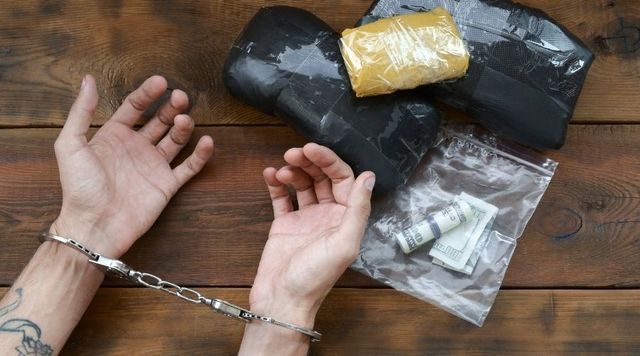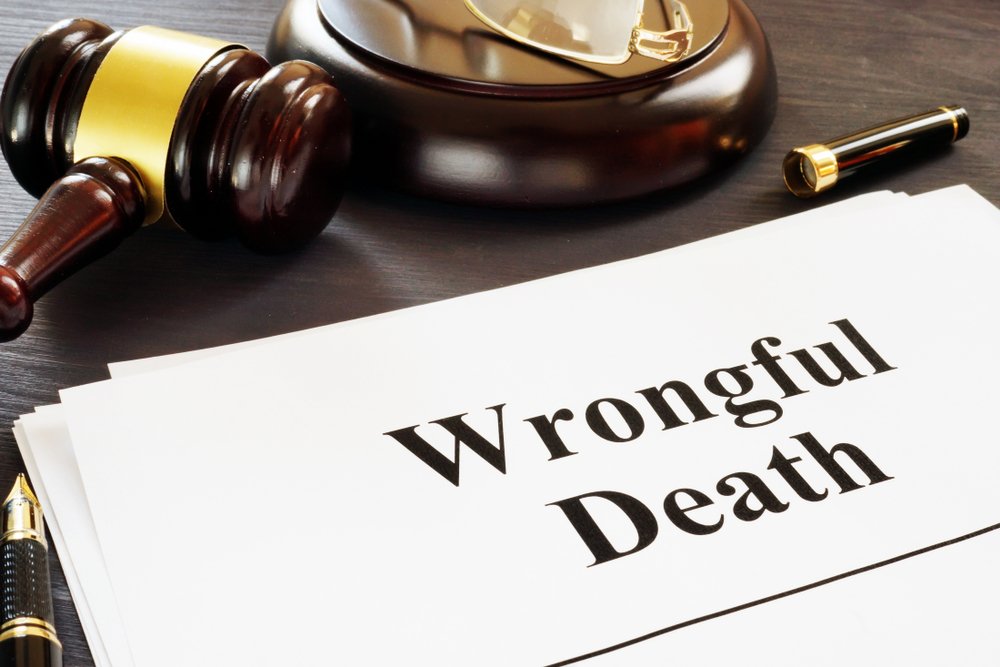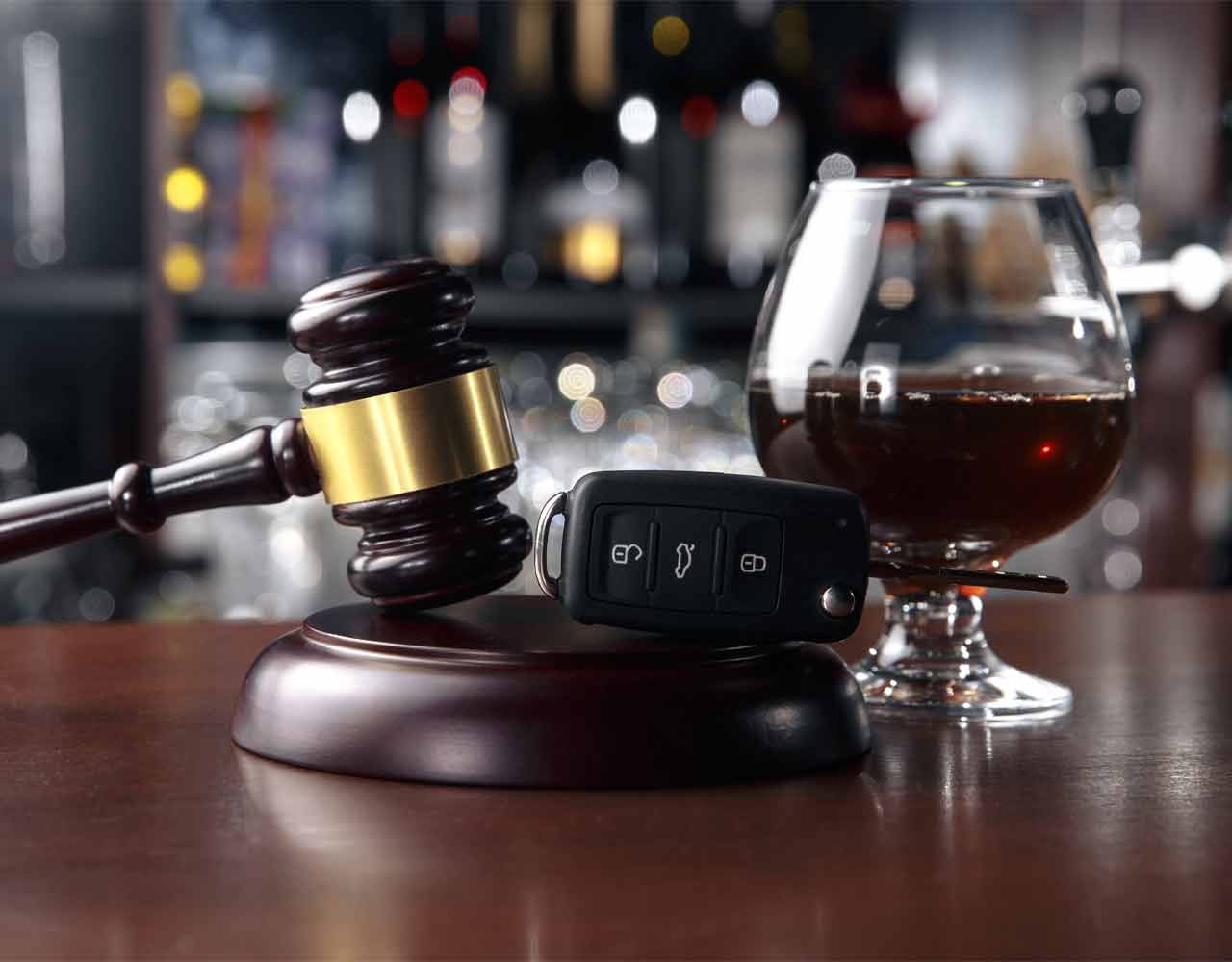Defenses to Drug Crimes
April 27, 2023When facing criminal charges of possession, sale or distribution of illegal drugs, it is crucial to have an experienced attorney Defense to Drug Crimes by your side. These crimes can be some of the most serious and complex in the criminal justice system.
The first step in building a defense involves examining the evidence and police conduct. Whether the arrest was proper, the search and seizure were legal, and chain of custody issues are all important factors in your case.
Fourth Amendment Search and Seizure Issues
The Fourth Amendment of the United States Constitution protects Americans from unreasonable searches and seizures. This means that police officers can’t simply come up to you and start searching your car, home, and person without first obtaining a search warrant.
However, there are exceptions to this rule. If the police have a reasonable suspicion that you are committing a crime, they can conduct an investigatory stop called a “Terry Stop.”
But even when the police have reasonable suspicion, it’s important to know whether or not it was enough to warrant a search and seizure. There are a variety of different factors that will affect this. Some of these include the degree of intrusion on your privacy, society’s interest in the search, and whether you have consented to the search.
Constructive Possession
In some cases, a person will be charged with drug crimes even if they are not in actual possession of the drugs. Often, these charges are referred to as “constructive possession.”
Constructive possession is not as simple for prosecutors to prove as physical possession. It requires that they show that the defendant possessed knowledge of the drug and that they had dominion and control over it.
This usually means prosecutors must look around the area for indirect evidence. For example, if drugs are found in the vehicle the defendant is traveling in, they will need to show that the defendant had knowledge of the illegal substances and knew where they were located.

Lack of Probable Cause
A lack of probable cause may be a defense against drug charges in some cases. Probable cause is a requirement that must be met before police officers can make an arrest, conduct a search or get a warrant.
This legal standard stems from the Fourth Amendment of the United States Constitution, which protects citizens from unreasonable government intrusion into their persons, homes and businesses. It must be based on objective facts rather than a hunch or generalization.
Generally, a probable cause hearing occurs shortly after an arrest. The court will look at all of the information the police have and decide whether there is enough to justify arresting the suspect.
Probable cause is important because it determines whether the court can keep a defendant in custody while they wait for trial. It also affects a number of other issues, such as when law enforcement can search your home and obtain an arrest warrant.
Entrapment
If police or other government agents induced or encouraged you to commit a crime, you may be able to prove the crime was entrapment. This defense is based on the idea that law enforcement officers are supposed to stop criminals, not to create them.
To successfully raise this defense, your attorney must show that a law enforcement officer induced you to commit the crime. You must also prove that the police acted in an unfair manner.
This could be through a number of tactics such as threats of violence, harassment, lying to you, fraud, and other actions that go against the Constitution.
Some states evaluate entrapment on a subjective standard, while others have an objective one. The objective standard places more weight on the conduct of the officers while the subjective test examines your state of mind.















